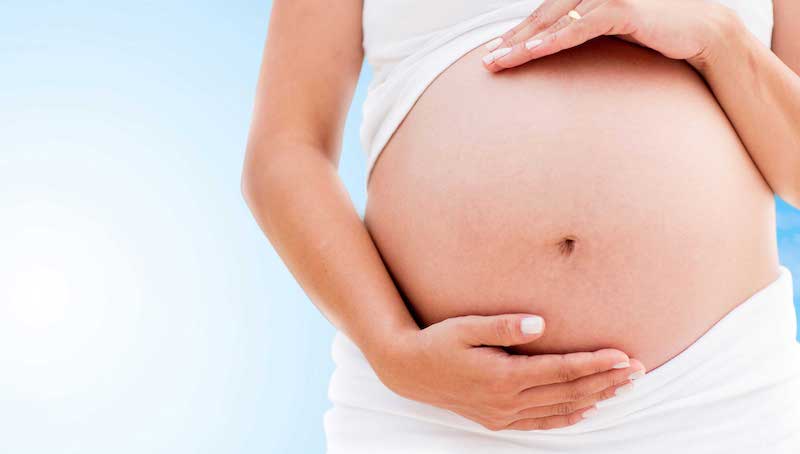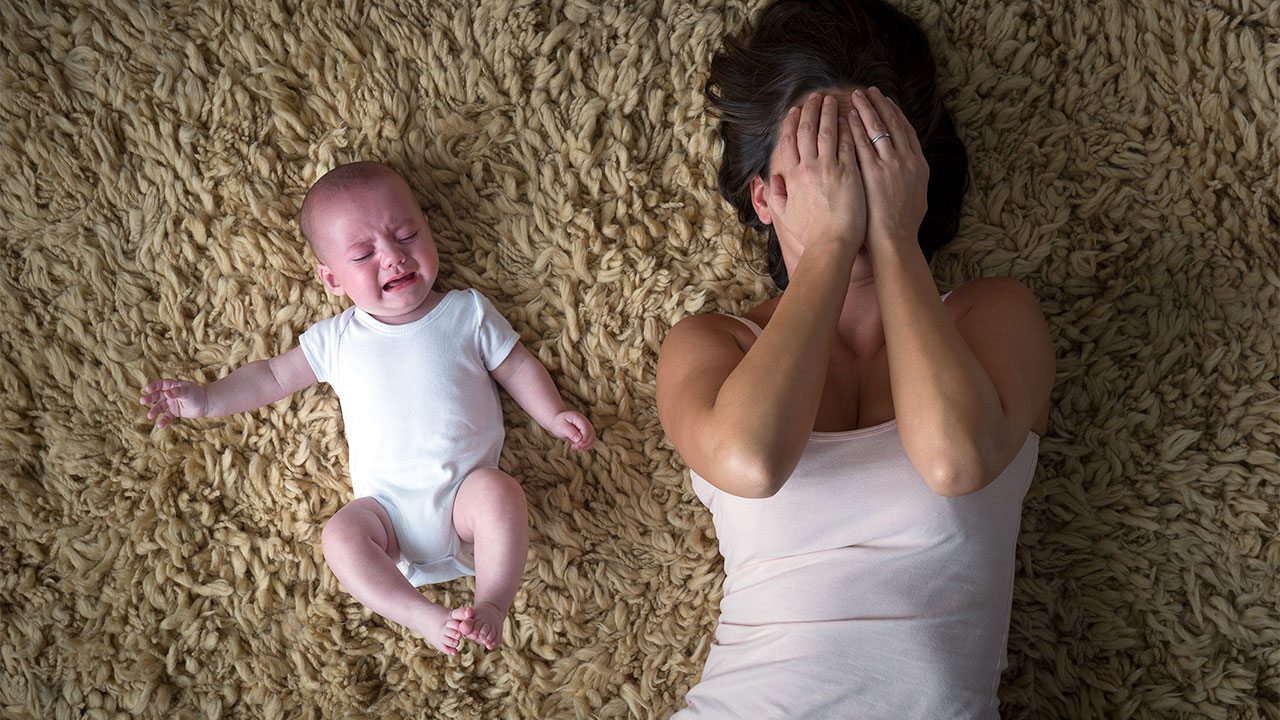This is a write up about a stage in a new mom's life, hardly touched or discussed. Sometimes, you will have to just sit back and reflect on, to understand such hidden/invisible traumas a woman might go through in her life. Please read on ( a 5 minutes read )

Maria, soon to be Mommy
Maria was happy and all excited about the new life she was carrying in her womb. Her body slowly started showing changes making her one among the chubby girls and the baby bumb started growing. There were people around her, to always tell her what was good for the baby and how she can be careful to give birth to a healthy baby.

First Cry
Days passed by and the time ticked in for the little one to arrive and explore this beautiful world. And when she held her little one in her arms for the first time, tears of joy came running down her cheeks. She always had this anxiety of becoming a good mother though.
Daily Chores redefined
Maria's life has changed and her daily routines started revolving around the baby. She took good care of the baby by feeding, giving bath, having sleepless nights and by executing the whole long list of new ToDos that goes on and on. This became a norm and she started drifting towards a feeling of extreme sadness for no reason.
Fearing the worst
Maria lost her interest in every thing that eventually led to paying less attention to her baby. Infact, she literally stopped taking care of the baby. She always loved the baby and wanted to be with her but, there was some sort of deep numbness which stopped her from doing that.
 Everything seemed overwhelming for her and she started getting irritated for every silly thing. She started withdrawing from everything and isolated herself. The only thing she could do was crying holding the baby......
Everything seemed overwhelming for her and she started getting irritated for every silly thing. She started withdrawing from everything and isolated herself. The only thing she could do was crying holding the baby......
What do you think?
Is maria the only new mom experiencing this unknown sadness?
Absolutely Not. One in seven new mothers experience this.
What is happening with maria ?
This is called PPD or post partum depression.
How can you differentiate between PPD and baby blues?
Baby blues starts immediately after childbirth and stays for a few days and does not require any treatment. If the symptoms prolong and symptoms get worse, it can be PPD and which require treatment and if not treated, can even end up harming the baby.
Common symptoms of PPD
- Extreme sadness and mood swings
- Irritability and anger
- Feeling of inadequacy
- Withdrawal from family and society
- Difficult bonding with baby
- Loss of self-care
- Excessive crying
- Feeling that she is not a good mother
- Hopelessness
- Loss of appetite
- Overwhelming fatigue
- Insomnia
- Loss of interest in sex
- Thoughts of harming self and baby
What is the treatment for ppd?
PPD can prolong for years.
Counselling can be helpfull in most cases and medication if required.
Does ppd affect males?
Yes it does affect males although the percentage is less.
Does it affect only new moms?
No it can affect in any pregnancy but if you had ppd in previous pregnancy then you are more prone for it.
What is the cause?
- Hormonal changes
- Physical changes
- History of PPD in family
- Previous history of depression
- Negative influence
- complications of child birth
- Limited social support
- Inability in breast feeding
what Maria or her family could have done better?
During pregnancy, Maria could have been less anxious about, being a perfect mother to her child. She could have stopped herself comparing with other successful mothers. Instead, she could have taken good care of her health and stayed positive taking her family into confidence.
Marias husband could have been a strong support by re assuring her that she can be a good mom. Positive affirmations such as those can be a great support for someone who has always been in self-doubt mode and this can inturn help her driving away the anxiety. He could have given her space and could have shared the parenthood together. At times a peacefull sleep can be a great comfort for a mother. He could have encouraged her to go back to her hobbies or job.
Be a pillar/pillow
It's never too late. Help your loved ones by being a piller/pillow to them in their hardtimes. Early diagnosis and mental/emotional support can help them.
Baby blues should not be confused with Post partum depression.
#STAY SUPPORTIVE & HELP EACH OTHER
"You are not alone" Dr. Shabana sekeer*
Thank you for reading.

